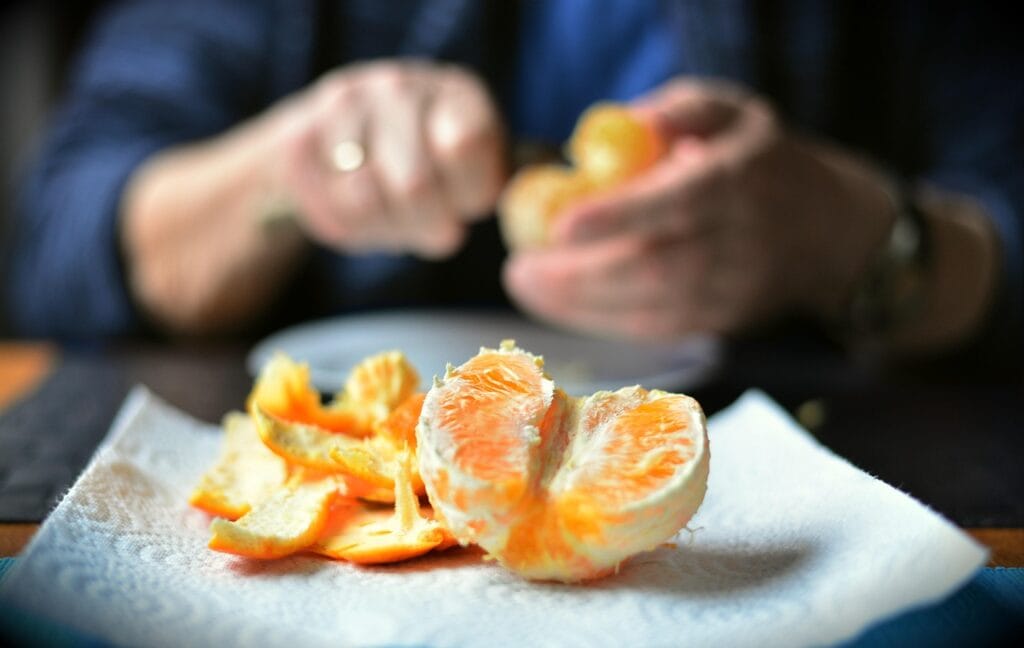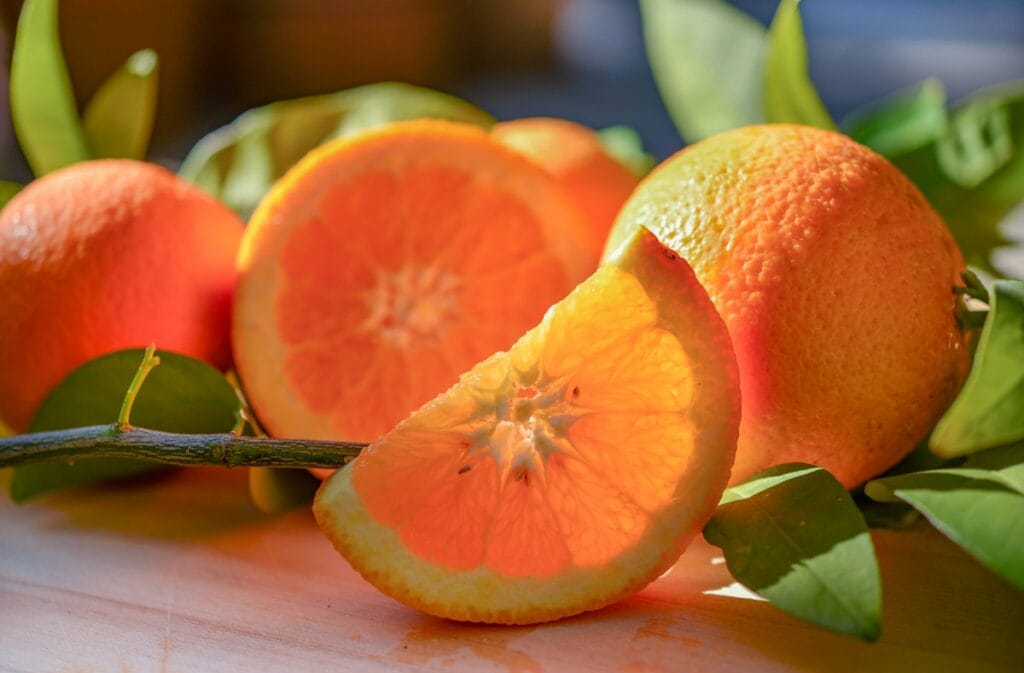Re-purpose Orange Peels into Garden Gold- A Simple Secret for Thriving Plants
Here is a simple secret for thriving plants. Orange peels enrich soil, deter pests, and boost compost. If you want to transform kitchen waste into garden gold, re-purpose orange peels in your garden.

There’s something quietly beautiful about finding new life in what most would throw away. The bright, zesty skin of an orange, often peeled and discarded without a second thought, holds a secret that many gardeners are just beginning to rediscover. Whether you’re nurturing a few potted herbs on a windowsill or caring for a sprawling backyard garden, orange peels can offer a natural, gentle boost to the health of your soil and the resilience of your plants.
Orange peels are rich in the same nutrients found in many commercial fertilizers—nitrogen, phosphorus, and potassium. These elements support strong root systems, lush green foliage, and healthy blooms. By chopping up the peels and mixing them into the soil, or letting them break down in a compost pile, you’re offering your garden a slow-release source of nourishment. As the peels decompose, they also feed the microbes and worms that keep your soil rich and alive, creating a healthy foundation for everything that grows.
But the benefits of orange peels don’t stop at feeding the soil. Their powerful citrus scent acts as a natural deterrent for many common garden pests. Ants, aphids, and mosquitoes are often driven away by the bitter oils in the peel. This makes them a helpful ally when it comes to keeping plants safe—especially for those who want to avoid chemical sprays. Dried and crushed peels can be scattered around the base of plants, or the peels can be simmered in water to create a gentle, homemade pest spray.

For those tending plants that love acidic soil—like azaleas, blueberries, or hydrangeas—orange peels can also help maintain the right pH balance. Because they are slightly acidic, incorporating them into the soil in small amounts can support these plants’ specific needs.
It’s a subtle correction that, over time, can make a noticeable difference in plant health and colour.
Beyond feeding and protecting plants, orange peels also work as a deterrent for garden invaders like slugs and snails. Their tough, bitter surface is unappealing to these soft-bodied pests. Simply laying bits of peel around the base of your plants can help protect delicate stems and leaves from becoming someone’s midnight snack. Some gardeners even use the peels as traps, placing them upside down in the garden overnight and collecting the pests that gather underneath them in the morning.
One of the lesser-known gifts of orange peels is their ability to accelerate composting. The sugars and oils in citrus stimulate the microbial activity that breaks down organic matter. When added in small, well-chopped pieces, they help speed up the decomposition process, creating rich, dark compost faster than usual. The aroma they lend to a compost pile is a pleasant bonus, especially if you’re working in a shared garden space or urban environment.
Of course, as with anything in gardening, balance is key. While orange peels are incredibly useful, using them in excess can cause problems. If too many peels are added directly to the soil without being composted first, they can slow decomposition or attract rodents. It’s also worth being mindful of pesticide residues—organic oranges or well-washed peels are best for garden use. And if you’re not composting them, drying the peels before adding them to your garden will help prevent mold.
Using orange peels in the garden is more than just a clever way to reduce food waste, it’s an act of care, a quiet return to cycles that honour the earth’s natural rhythm. There’s something deeply satisfying about taking the fragrant remains of breakfast and giving them a second life in the garden. In a world that often encourages us to discard and replace, turning to something as simple as an orange peel reminds us that what we already have may be more powerful than we realize.
Next time you peel an orange, pause for a moment before tossing it into the bin. There’s a plant out there waiting to be nourished and the answer might already be in your hands.
Do you want to share your story and inspire our readers ? Know that YOUR EXPERTISE is paving the way for a fairer, happier society.




